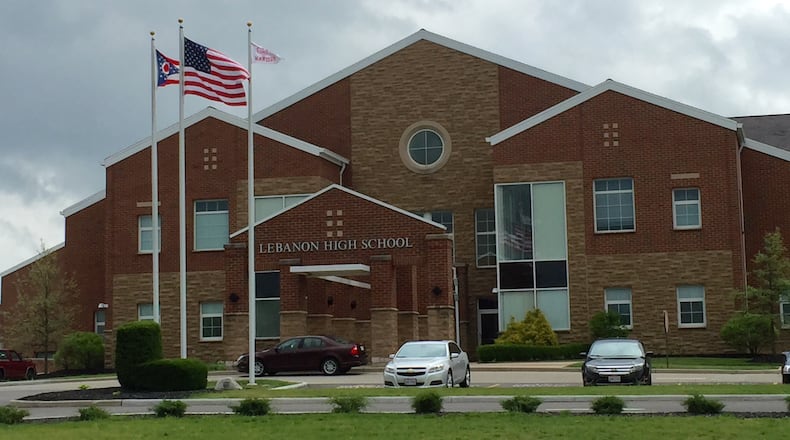“The city is taking steps to distribute this money to each school district,” according to a statement from the city.
MORE: Lebanon school details left as city reaches $18M development deal
“City staff identified potential discrepancies in how Tax Increment Financing (TIF) payments have been distributed to two local school districts, and initiated an extensive independent third-party review of the TIF program to ensure that the payments were allocated properly,” according to the release.
Businesses are to make the payments in lieu of property taxes to the city. The money is used for roads, sewers and other improvements supporting the business developments.
”The underpayments were largely the result of changing tax values over this period, as well as different rates and charges impacting property tax payments,” the release said.
Warren County Auditor Matt Nolan said, “This is an ongoing problem around the state.”
In this case, Nolan, whose office collects property tax in Warren County, said he was unable to confirm the information released.
“The school district and local entities work out agreements and often do not include the county in them at all. We have no way of knowing what is owed on TIFs and no way of enforcing the agreements if we do,” Nolan said.
Lebanon City Manager Scott Brunka said, “I think it is important to note that the TIF payments being made to the city were deposited in the separate TIF fund, which has the cash reserves necessary to make the payments to each school district that are necessary to ensure compliance with the terms of the agreement. This will not impact general city services in any manner.”
Brunka said the city manages 37 tax incremental financing district agreements.
“City Staff identified that the TIF fund cash balance was growing significantly, which led to the City performing a cash flow analysis. When discrepancies were identified as part of this internal review, we brought in a CPA to perform a comprehensive, independent review of all agreements,” Brunka said.
An informal review of “several” of the agreements prompted the larger audit, the first of the agreements in the city’s history, according to the city manager.
The mistakes were made by the city, not the businesses involved in the tax agreements.
Both school districts made statements in the city release.
“On behalf of the Lebanon City School District, I want to thank our city leaders for performing this audit on their approved TIF agreements over the past 20 years,” Lebanon Superintendent Todd Yohey said. “It is not often that a school district receives back-payment for such findings, and these funds will certainly help our school district offset some costs. The money will not delay the need for a school levy.
“These funds will not replace the need for new operating revenue to maintain our quality of education and community residents should expect to see an operating levy on the ballot sometime in 2019,” Yohey added.
On Monday, Yohey said the board would discuss how the “revelation” of the almost $1.6 million in unanticipated funds would impact next year’s budget needs.
MORE: $10m manufacturing plant planned in Lebanon
Kings officials said the money would delay the need for an additional levy, while complimenting the city.
“This will help ensure the district makes the 2016 operating levy last longer than the three years promised at the time of its passage,” Superintendent Tim Ackerman and Cary Furniss, Treasurer and Chief Financial Officer, said in a statement. The one-time funding will help the District offset the cost associated with an increasing student enrollment.”
About the Author

